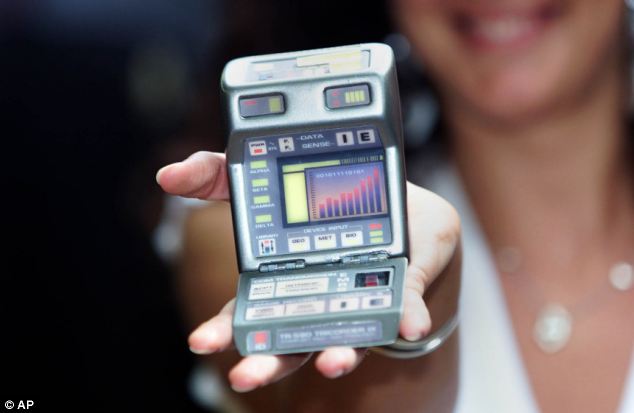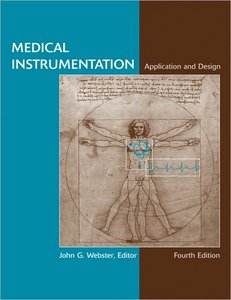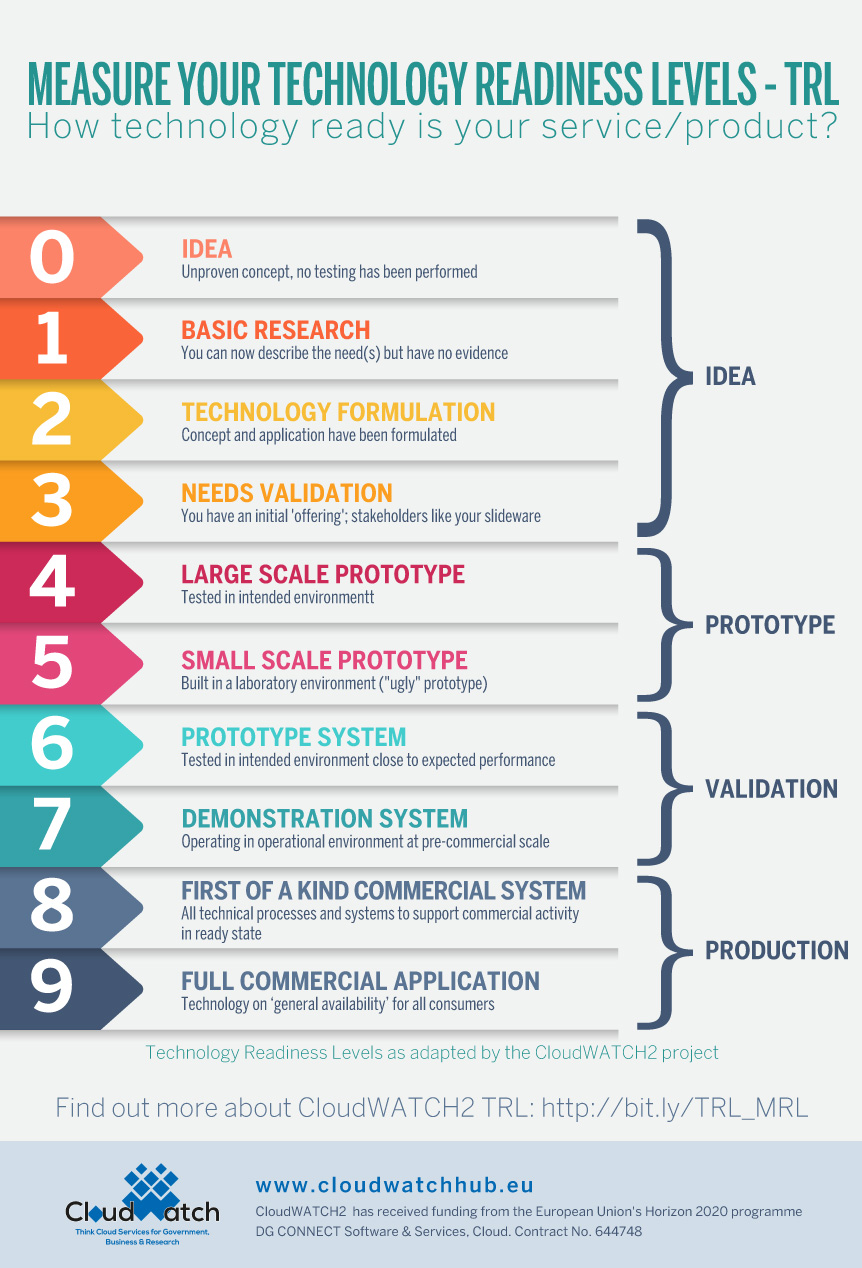|
Meeting
Place & Time: Office Hours: due to Covid19 measures no face-to-face meeting is possible except on Zoom; direct all questions by e-mail to cilesiz[at]itu.edu.tr or inci.cilesiz [at] utexas.edu
|
BYM501E Fundamentals of
Biomedical Engineering (CRN: 14656) Grading Policy:
I created a Ninova
page for your section. You can access it using your ITU student account and
password: https://ninova.itu.edu.tr/Ders/3772 |
||||||||||||||||||||||||||||||
|
Course Objectives:
|
1. Introduction of basic concepts needed for analysis and design of biomedical instruments 2. To develop an understanding for the generation of biological signals in human body 3. To develop basic skills for modeling, sensing and processing of biological signals, and to review basic methods and instrumentation used in medical environment 4. Electrical safety in clinical
environment. |
||||||||||||||||||||||||||||||
|
Course Description:
|
Application
of electronics engineering techniques to analysis and instrumentation in
biological/medical sciences, physiological systems of the human body,
modeling of biological systems, measurement of bioelectrical signals,
pressure, flow, volume, and temperature on living systems; biomedical
transducers, instrumentation electronics, electrical safety. Recent
developments in biomedical instrumentation. |
||||||||||||||||||||||||||||||
|
Participation/Assignments:
|
1. As part of in-class participation each student will do at least two short (10 minutes max) minute presentations on a topic assigned by the instructor. Check Sensors in Biomedical Applications for your first round! IMPORTANT GUIDELINES 2. Groups of a minimum of two to three students will build a biomedical device to measure a biological signal (such as, EKG, EEG) of their choice and will present their results with a demonstration and in laboratory report format. As a preparation groups need to do a comprehensive Analog Noise Analysis using 3 different OPAMPs. 3.
Groups of a minimum of two to three students shall identify an unmet clinical/medical need and develop an innovative
technical solution. SEE Group Project below. |
||||||||||||||||||||||||||||||
|
Tentative Course Plan: |
|
||||||||||||||||||||||||||||||
|
Textbooks:
|
"Medical Instrumentation: Application and Design," John G. Webster (Ed.) John Wiley
and Sons (WIE), 2009, ISBN 978-0-471-67600-3. 4th Ed. BOOK
ERRATA "Introduction to Biomedical Equipment Technology,
4/E," Carr & Brown, Prentice Hall, May 2000, ISBN:
0-13-010492-2. (on 2h reserve in the ITU library) "Biomedical Technology and Devices Handbook" James Moore and George Zouridakis (Eds.)
CRC Press LLC, 2004, ISBN: 0-8493-1140-3. "Biomedical Engineering Fundamentals" Joseph D. Bronzino (Ed.) CRC Press LLC,
2006, ISBN: 0-8493-2121-2. Do not FORGET to check out this link.
|
||||||||||||||||||||||||||||||
|
Group project: |
Identify and
understand an unmet clinical need, You
may check out these websites for ideas: Design of Medical
Devices and Implants
|
||||||||||||||||||||||||||||||
|
Term project: |
An in depth review on a special topic and instrumentation not covered in class including a 15-20 minute in-class oral presentation on the last two weeks of classes (7,5 %) and an accompanying 10 page word-processed report submitted the day of oral presentation (7,5 %) Principles, instrumentation, and devices on the market (technical data, specifications, approximate retail prices, competing companies and/or products) are to be covered. Reports without (i) identification
of its author, (ii) a reference list, and (iii) numerous spelling errors
(please run spell-check) lead to "reduced" grades. Mot-a-mot
copied (i.e., copy/paste) reports are not favored! Reports will be subject to Turnitin
checking and any similarity over 20% will NOT be accepted. For information on how to write an effective report and make an effective presentation consult "Scientific and Technical Writing" lectures notes. Topics may be found in the following online
books ANYTHING ELSE NOT COVERED IN CLASS, but INTERESTING TO YOU.
|
||||||||||||||||||||||||||||||
|
Interesting Links: |
What is a MEDICAL
DEVICE?
|
||||||||||||||||||||||||||||||
|
|
For more
info on class visit previous years' web sites in the archives... |
||||||||||||||||||||||||||||||
|
|
|


